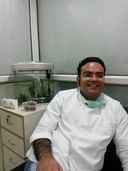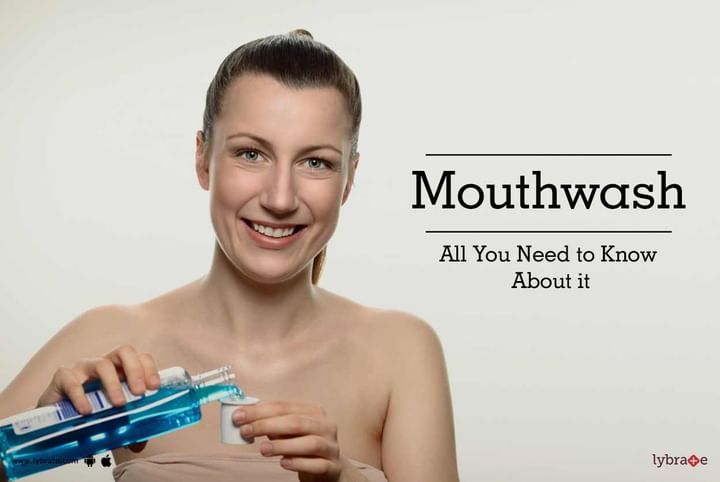Mouthwash: All You Need to Know About it
Mouthwash has become an essential ingredient of one's oral hygiene kit. Though not a substitute for flossing or brushing, it offers additional oral protection. Due to a host of ingredients, such as alcohol,
Chlorhexidine, cetylpyridinium chloride, menthol, methyl salicylate, fluoride, antibacterial enzymes, hydrogen peroxide, essential oils, zinc chloride and other herbs and "natural" ingredients mouthwash has a number of benefits.
Alcohol is the basic ingredient in all of them. While fluoride protects against decay, chlorhexidine protects against gum diseases. Hydrogen peroxide produces a mild bleaching effect. Herbs and essential oils produce a freshening effect.
Benefits of using a mouthwash
1. Reduces formation of tartar and plaque.
2. Protects from oral problems like gingivitis and periodontal disease, especially if it contains cetylpyridinium or essential oils. Chlorhexidine is also effective in protecting plaque formation and gingivitis.
3. Kills bacteria in the mouth and prevents cavities or decay, especially if it contains fluoride.
4. Mouthwash, to some extent, covers up bad breath due to oral hygiene or oral disease and produces a fresher breath.
5. Certain mouthwashes containing cetylpyridinium chloride and zinc chloride produce a better breath freshening effect.
6. Helps manage dry mouth, especially if containing biotene.
Types of Mouthwash
1. Cosmetic
2. Therapeutic
The cosmetic one is usually for freshening up the breath and is not regulated by the FDA. The therapeutic ones contain active ingredients aimed at addressing one of the issues like plaque formation, bad breath, dry mouth, or decay. They kill bacteria, reduce plaque, fight gingivitis, and control decay. They are not a substitute for brushing or flossing but supplement these two very well. These are approved by FDA and are proven in terms of safety and efficacy. Rinses with zinc chloride are effective against bad breath, those with fluoride are useful in people who are cavity-prone, and chlorhexidine helps prevent gum disease.
Choosing a mouthwash: This depends on the oral health condition, and it is always advisable that the dentist prescribes the right rinse for you.
When and how to use mouthwash: When you are done with your brushing and flossing, rinse your mouth with a capful of the mouthwash liquid. Swish it around your mouth for about 30 seconds and spit it out. Avoid brushing, drinking water, or rinsing your mouth after using a mouthwash for about 15 to 20 minutes. This will give sufficient time for the active ingredients in the mouthwash (especially if it is a therapeutic one) to act in the mouth. Brushing after mouthwash removes all the effect of the rinse.



+1.svg)
